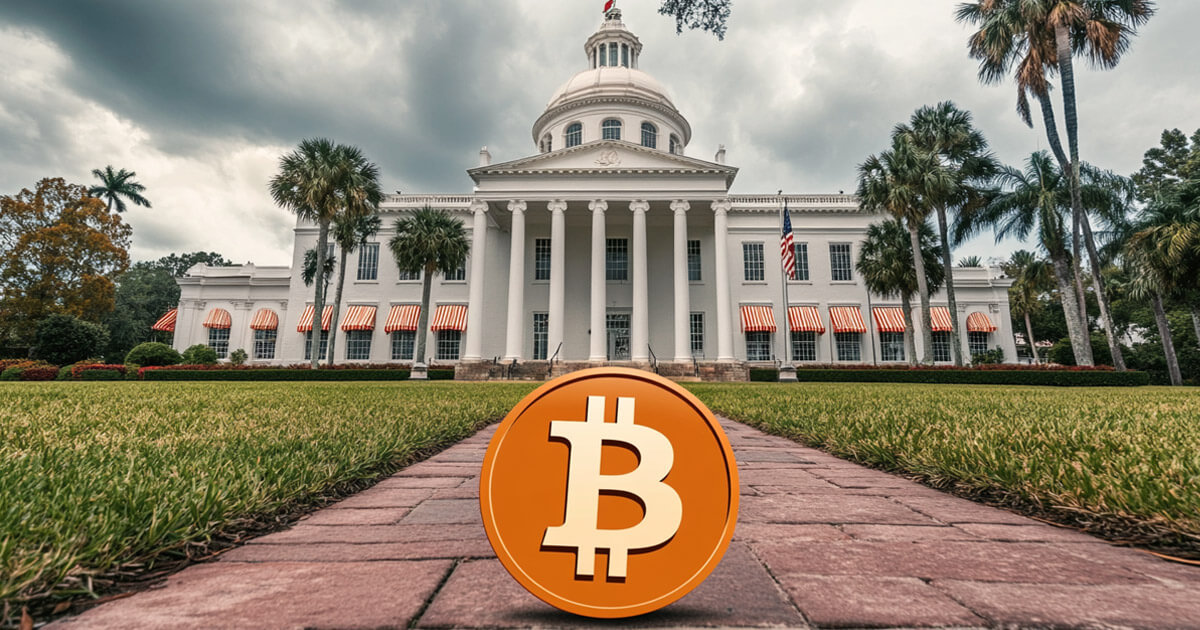Bitcoin Mining and NFT Tax Evasion: A Tale of Two Crypto Frontiers
In the ever-evolving world of cryptocurrencies, two significant stories have recently emerged, casting a long shadow over the industry. The first revolves around the environmental concerns associated with Bitcoin mining and its far-reaching impact on air quality. The second focuses on the legal implications of a landmark NFT tax evasion case.
Bitcoin Mining: A Dirty Business with Global Repercussions
Bitcoin mining, the process of validating and recording transactions on the blockchain, is a computationally intensive task. It requires vast amounts of electricity and computational power, leading to a substantial carbon footprint. A study by the University of California, Berkeley, revealed that Bitcoin mining alone is responsible for annual greenhouse gas emissions equivalent to those of the entire country of Argentina.
This environmental concern is not limited to the United States. Bitcoin mining operations have been spreading across multiple states, including Texas, New York, and Washington, contributing to increased air pollution. These facilities often rely on fossil fuels to generate electricity, releasing harmful pollutants into the atmosphere. For instance, in Texas, the influx of Bitcoin miners has led to a surge in natural gas flaring, contributing to a significant increase in methane emissions.
Federal Regulation: A Necessary Step Towards Sustainable Mining
As awareness of these environmental issues grows, there is a mounting call for federal regulation of Bitcoin mining. Some argue that stricter regulations could encourage the adoption of renewable energy sources and promote more sustainable mining practices. Others believe that this could stifle innovation and growth in the industry.
Regardless of the outcome, it is clear that the environmental impact of Bitcoin mining cannot be ignored. The challenge lies in finding a balance between the economic benefits and the environmental costs.
NFT Tax Evasion: A New Frontier in Crypto Legal Scrutiny
While the environmental concerns of Bitcoin mining dominate the headlines, another significant development in the crypto world has been gaining attention – the first known NFT tax evasion case.
Non-Fungible Tokens (NFTs) are digital assets that represent ownership of unique items or experiences. They have gained popularity in recent months due to their potential to revolutionize industries such as art and collectibles. However, their unique nature also raises complex legal questions around taxation.
In this landmark case, an individual reportedly sold an NFT for millions of dollars but failed to pay the associated taxes. The Internal Revenue Service (IRS) has since taken action, highlighting the growing scrutiny on the crypto world and its tax implications.
Implications for Individuals and the World
For individuals, the rising legal scrutiny in the crypto world serves as a reminder of the importance of complying with tax laws. Failure to do so could result in significant financial penalties and legal consequences.
On a larger scale, this case could have far-reaching implications for the crypto industry as a whole. It could lead to increased regulation and oversight, potentially stifling innovation and growth. Conversely, it could help establish clearer guidelines and promote a more stable and legitimate market.
Conclusion
The intersection of Bitcoin mining and NFT tax evasion represents a fascinating and complex chapter in the ongoing story of cryptocurrencies. While the environmental concerns of Bitcoin mining demand urgent attention and regulation, the legal implications of NFTs continue to evolve. As we navigate this new frontier, it is essential to strike a balance between innovation, economic growth, and environmental and legal responsibilities.
- Bitcoin mining contributes to substantial greenhouse gas emissions and air pollution
- Federal regulation could encourage more sustainable mining practices
- NFT tax evasion case signals growing legal scrutiny in the crypto world
- Individuals must comply with tax laws to avoid financial and legal consequences
- Regulation could help establish clearer guidelines and promote a more stable market





